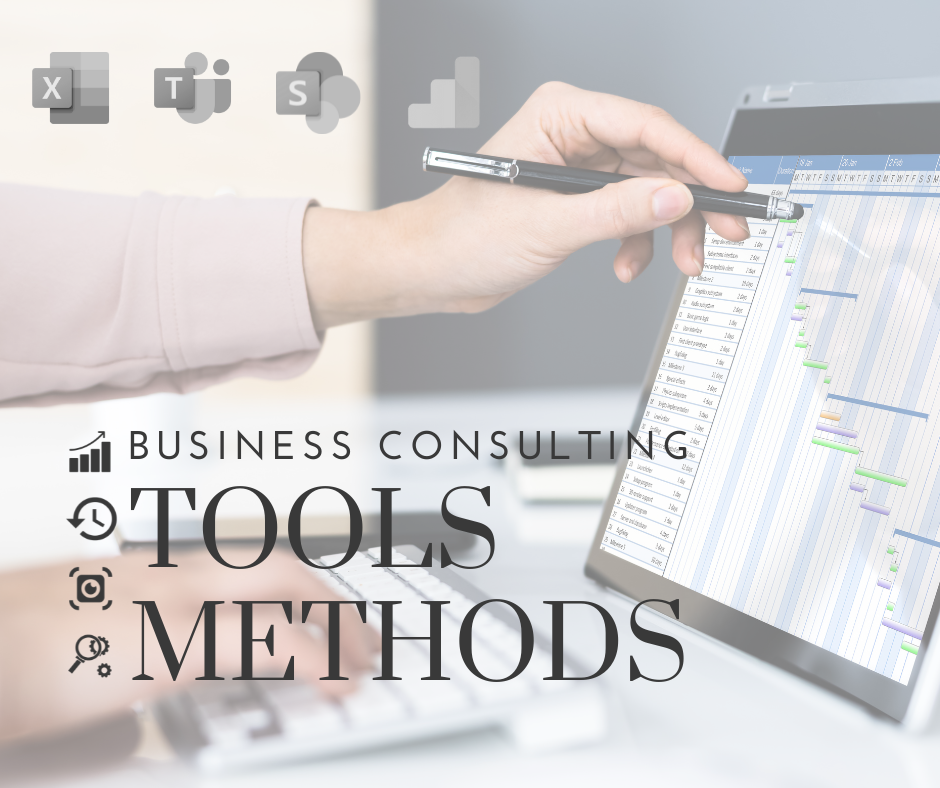In order for a business consulting session to be more productive, customers can gather and present to the consultant the following information:
Overview of the Company: Mission, values, goals, products/services offered.
Details of the New Goal/Issue: Expected results and expected challenges.
Budget: Available funds for the project and any financial constraints.
Key Stakeholders: Roles, responsibilities, and contact information of individuals within the company that may be involved in the project.
Access to Company Information: Details about what information will be made available to the consultant (e.g., market research, sales data, financial reports, etc.)

